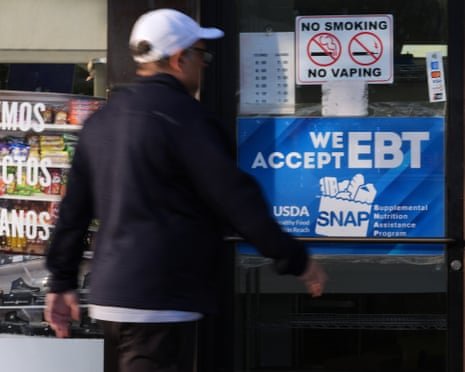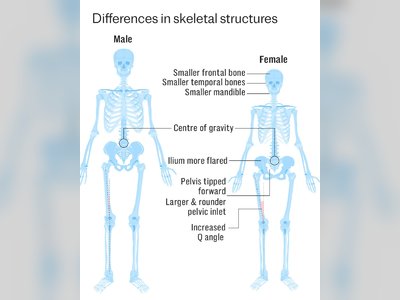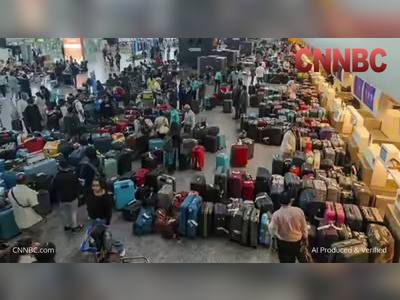
Supreme Court Temporarily Halts Full SNAP Benefit Order Amid Trump Administration Appeal
Court issues emergency stay after lower-court mandate to fully fund food aid for nearly forty-two million Americans amid shutdown
The United States Supreme Court issued an emergency order late Friday night that pauses a lower-court mandate requiring the federal government to provide the full monthly benefits under the Supplemental Nutrition Assistance Program (SNAP).
The intervention came after the Donald Trump administration appealed a ruling granting full payments for November while the federal government remains shut down.
Previously, a U.S. district judge had directed the administration to distribute November’s full SNAP payments—covering nearly 42 million Americans—using contingency funds in place of new congressional appropriations.
The administration responded by applying to the first-circuit appeals court for relief and subsequently to the Supreme Court after the appeals court declined immediate intervention.
Supreme Court Justice Ketanji Brown Jackson, overseeing emergency matters in the first circuit, granted the stay, noting that the appeals court is expected to rule “with dispatch” and that halting the lower-court order will preserve the status quo pending that ruling.
The stay means the Trump administration is not yet required to release the full payment until further judicial review.
States across the country now face uncertainty: while several, including California, Hawaii, Oregon and Wisconsin, proceeded to issue full payments in compliance with the initial ruling, others such as Illinois, Kentucky and North Carolina have held back, citing the stay.
Non-profit and state officials warn that the delay may harm low-income households that depend on the aid to meet basic needs.
Administration lawyers argued that obliging full payments would force use of multiple contingency accounts and potentially deplete resources needed for other nutrition and child-meal programmes, asserting that Congress—rather than the courts—must authorise full-scale funding during a shutdown.
Opponents contend that withholding benefits pending political resolution constitutes unacceptable hardship on recipient families.
While the stay does not decide the underlying issue of legal authority and funding, it signals that the court is prepared to weigh the government’s budgetary discretion against statutory protections for vital social-safety programmes.
Until the appeals court issues its decision, the November payment outcome remains unresolved.
The intervention came after the Donald Trump administration appealed a ruling granting full payments for November while the federal government remains shut down.
Previously, a U.S. district judge had directed the administration to distribute November’s full SNAP payments—covering nearly 42 million Americans—using contingency funds in place of new congressional appropriations.
The administration responded by applying to the first-circuit appeals court for relief and subsequently to the Supreme Court after the appeals court declined immediate intervention.
Supreme Court Justice Ketanji Brown Jackson, overseeing emergency matters in the first circuit, granted the stay, noting that the appeals court is expected to rule “with dispatch” and that halting the lower-court order will preserve the status quo pending that ruling.
The stay means the Trump administration is not yet required to release the full payment until further judicial review.
States across the country now face uncertainty: while several, including California, Hawaii, Oregon and Wisconsin, proceeded to issue full payments in compliance with the initial ruling, others such as Illinois, Kentucky and North Carolina have held back, citing the stay.
Non-profit and state officials warn that the delay may harm low-income households that depend on the aid to meet basic needs.
Administration lawyers argued that obliging full payments would force use of multiple contingency accounts and potentially deplete resources needed for other nutrition and child-meal programmes, asserting that Congress—rather than the courts—must authorise full-scale funding during a shutdown.
Opponents contend that withholding benefits pending political resolution constitutes unacceptable hardship on recipient families.
While the stay does not decide the underlying issue of legal authority and funding, it signals that the court is prepared to weigh the government’s budgetary discretion against statutory protections for vital social-safety programmes.
Until the appeals court issues its decision, the November payment outcome remains unresolved.












